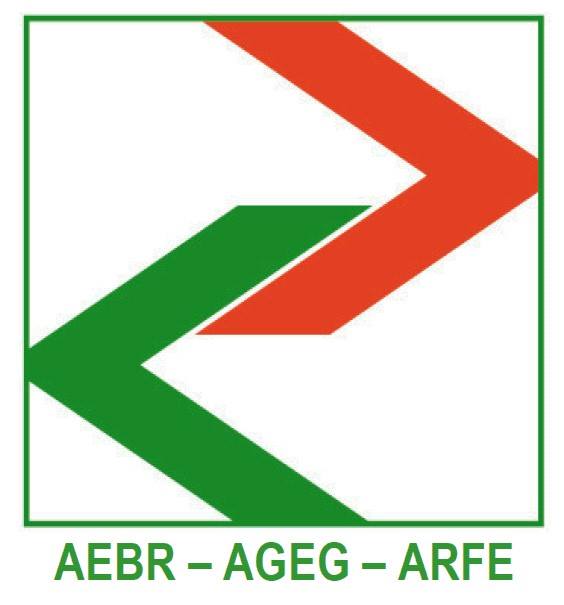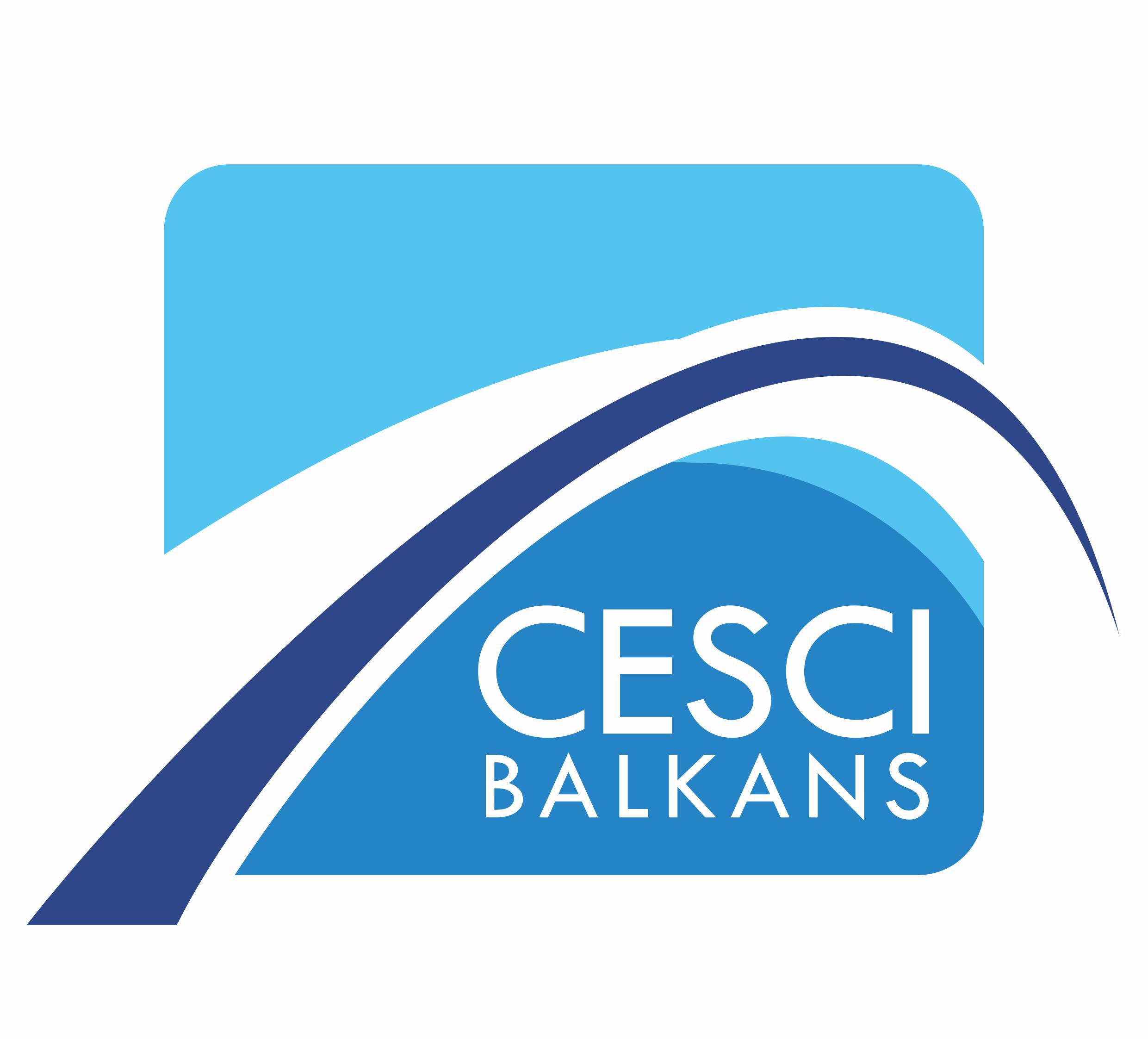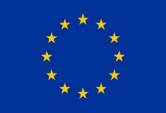
As one of the first concrete initiatives under the 2022 European Year of Youth, the Commission proposes to replace the 2008 Council Recommendation on the mobility of young volunteers across the EU and to adopt a new Recommendation that takes developments since 2008 into account. Recognising the key contribution of volunteering for the development of young people’s skills and competences and its role in positively overcoming societal challenges, the proposed Recommendation aims to boost the inclusiveness, quality, recognition and sustainability dimensions of transnational youth volunteering. Addressing the remaining obstacles to volunteering mobility, the proposal tackles lessons learned during the COVID-19 pandemic and in the implementation of the European Solidarity Corps, which will celebrate its 5th anniversary in 2022.
Background
Volunteering is an important activity for Europe’s youth: 34% of youth stated in 2019 that they had engaged in organised volunteering activities within the past 12 months. This figure has been continuously increasing, from 24% in 2011.
Young EU citizens can take part in transnational volunteering through the European Solidarity Corps programme, or as part of national or regional schemes supporting cross-border volunteering activities (in place in Italy, Greece, Sweden, Austria, Slovenia, France, Slovak Republic, Belgium, Bulgaria, Czech Republic, Finland, Germany, Ireland, Luxembourg, Poland, Malta and Spain). The total budget of the European Solidarity Corps programme for 2021-2027 is €1 billion with over €138 million available in 2022.







